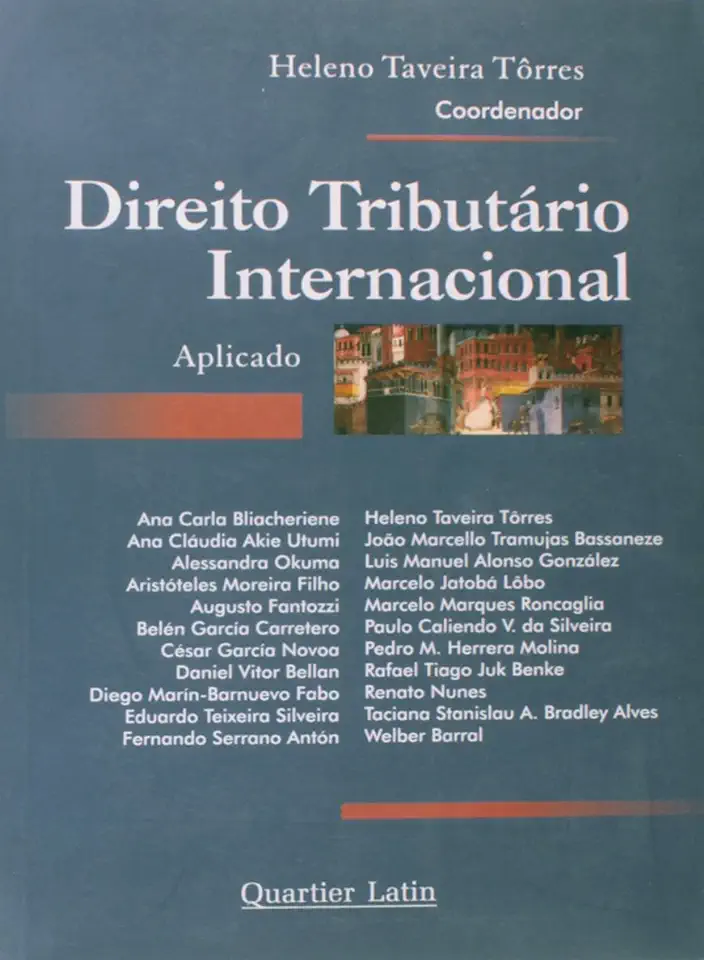
Applied International Tax Law - Heleno Taveira Torres
Applied International Tax Law: A Comprehensive Guide to Cross-Border Taxation
Introduction
In today's globalized economy, businesses and individuals alike are increasingly involved in cross-border transactions. This can give rise to complex tax issues, as different countries have different tax laws and regulations. To navigate this complex landscape, it is essential to have a solid understanding of international tax law.
What is International Tax Law?
International tax law is the body of law that governs the taxation of cross-border transactions. It includes rules on the taxation of income, profits, gains, and losses from foreign sources, as well as the taxation of cross-border transactions such as mergers and acquisitions, and the transfer of assets.
Why is International Tax Law Important?
International tax law is important for a number of reasons. First, it helps to ensure that businesses and individuals pay their fair share of taxes. Second, it helps to prevent double taxation, which occurs when the same income is taxed twice by two different countries. Third, it helps to promote international trade and investment by providing certainty and predictability in the tax treatment of cross-border transactions.
Key Concepts in International Tax Law
There are a number of key concepts in international tax law that are essential to understand. These include:
- Residence: The concept of residence is important in international tax law because it determines which country has the right to tax an individual or business.
- Source: The concept of source is important in international tax law because it determines which country has the right to tax income from a particular source.
- Permanent establishment: A permanent establishment is a fixed place of business through which a business carries on its activities. The presence of a permanent establishment in a country can give rise to tax liability in that country.
- Transfer pricing: Transfer pricing is the pricing of goods and services between related parties. Transfer pricing can be used to shift profits from one country to another, which can have tax implications.
International Tax Treaties
International tax treaties are agreements between two or more countries that provide rules for the taxation of cross-border transactions. Tax treaties can help to reduce double taxation and promote international trade and investment.
Conclusion
International tax law is a complex and ever-changing field. However, by understanding the key concepts and principles of international tax law, businesses and individuals can navigate the complex landscape of cross-border taxation and ensure that they are complying with their tax obligations.
About the Book
Applied International Tax Law is a comprehensive guide to international tax law. The book provides a detailed analysis of the key concepts and principles of international tax law, as well as practical guidance on how to apply these principles to real-world situations. The book is written by Heleno Taveira Torres, a leading expert in international tax law.
Why You Should Buy This Book
If you are a business or individual involved in cross-border transactions, then Applied International Tax Law is a must-have resource. The book will provide you with the knowledge and tools you need to navigate the complex landscape of international tax law and ensure that you are complying with your tax obligations.
Order Your Copy Today!
Applied International Tax Law is available now from all major booksellers. Order your copy today and start learning about international tax law!
Enjoyed the summary? Discover all the details and take your reading to the next level — [click here to view the book on Amazon!]